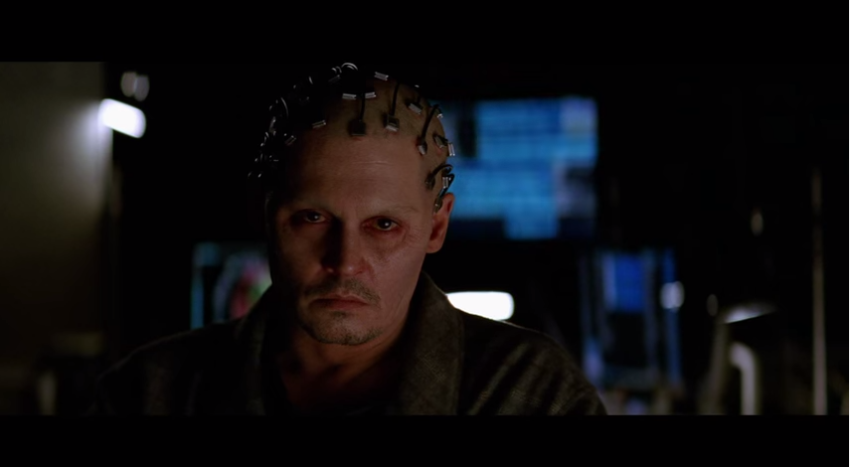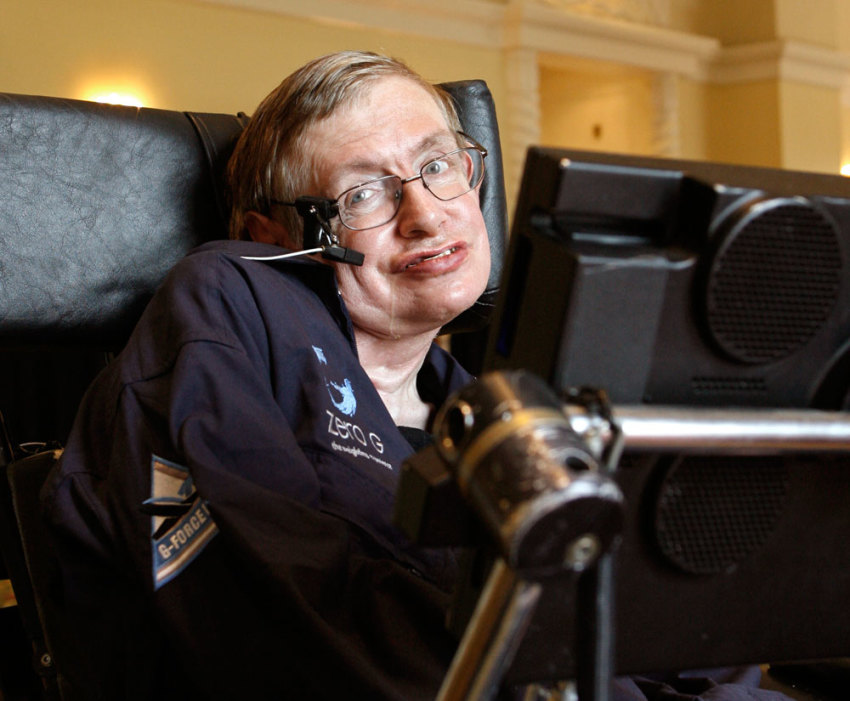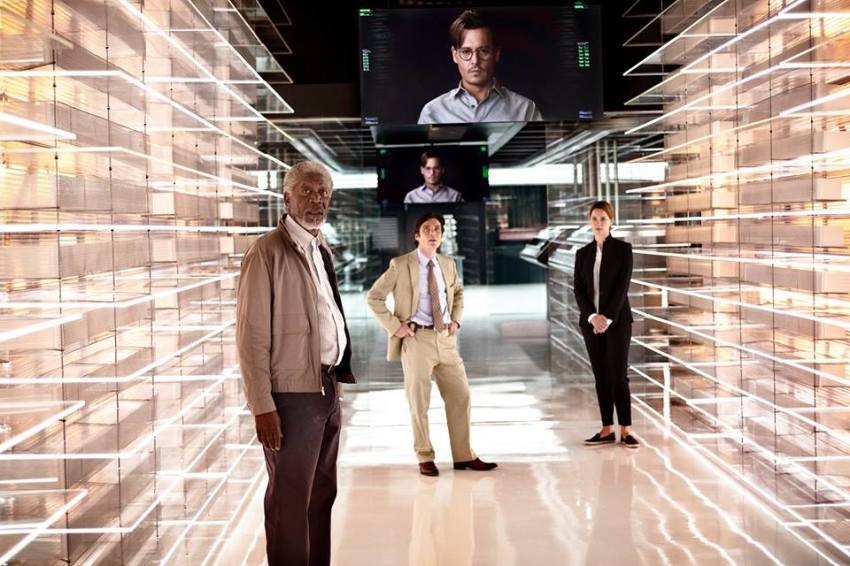Stephen Hawking Warns Artificial Intelligence Could be 'Worst Mistake in History' as Johnny Depp's 'Transcendence' Examines It

"Imagine a machine with a full range of human emotions. Its analytical power will be greater than the collective intelligence of every person in the history of the world. Some scientists refer to this as the 'singularity'. I call it 'transcendence'," says Johnny Depp's character, Dr. Will Caster, in the haunting new science fiction drama "Transcendence."
While many moviegoers might embrace the power of artificial intelligence displayed in the movie released in theaters last month as just science fiction, world famous physicist Stephen Hawking along with computer scientist Stuart Russell, physicists Max Tegmark and Frank Wilczek say it could be a harbinger of humanity's doom.

"With the Hollywood blockbuster 'Transcendence' playing in cinemas, with Johnny Depp and Morgan Freeman showcasing clashing visions for the future of humanity, it's tempting to dismiss the notion of highly intelligent machines as mere science fiction. But this would be a mistake, and potentially our worst mistake in history," warn the scientists in a report in The Independent.
"Artificial-intelligence (AI) research is now progressing rapidly. Recent landmarks such as self-driving cars, a computer winning at Jeopardy! and the digital personal assistants Siri, Google Now and Cortana are merely symptoms of an IT arms race fuelled by unprecedented investments and building on an increasingly mature theoretical foundation. Such achievements will probably pale against what the coming decades will bring," they noted.
While praising the benefits humanity could reap from the creation of artificial intelligence and positing that it would be the "biggest event in human history," Hawking and his peers say it could be humanity's last unless "we learn how to avoid the risks."

According to the scientists:
Looking further ahead, there are no fundamental limits to what can be achieved: there is no physical law precluding particles from being organised in ways that perform even more advanced computations than the arrangements of particles in human brains. An explosive transition is possible, although it might play out differently from in the movie: as Irving Good realised in 1965, machines with superhuman intelligence could repeatedly improve their design even further, triggering what Vernor Vinge called a "singularity" and Johnny Depp's movie character calls "transcendence".
One can imagine such technology outsmarting financial markets, out-inventing human researchers, out-manipulating human leaders, and developing weapons we cannot even understand. Whereas the short-term impact of AI depends on who controls it, the long-term impact depends on whether it can be controlled at all.
So, facing possible futures of incalculable benefits and risks, the experts are surely doing everything possible to ensure the best outcome, right? Wrong.
If a superior alien civilization sent us a message saying, "We'll arrive in a few decades," would we just reply, "OK, call us when you get here – we'll leave the lights on"? Probably not – but this is more or less what is happening with AI. Although we are facing potentially the best or worst thing to happen to humanity in history, little serious research is devoted to these issues outside non-profit institutes such as the Cambridge Centre for the Study of Existential Risk, the Future of Humanity Institute, the Machine, and the Future of Life Institute. All of us should ask ourselves what we can do now to improve the chances of reaping the benefits and avoiding the risks.



























